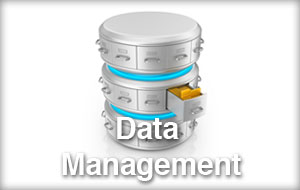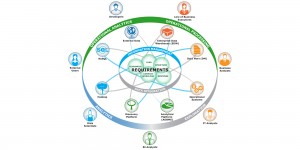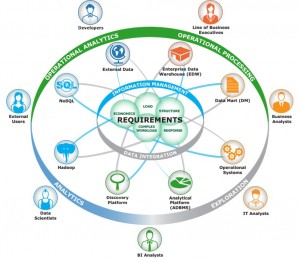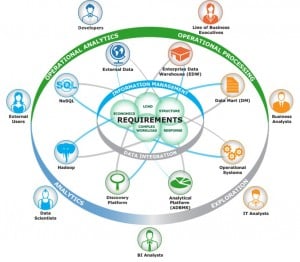From community to consumers of data, Tableau Conference 2018 (TC18) set the tone for the business intelligence market in 2019.
Tableau Sets the Tone for Business Intelligence 2019
By John Santaferraro on Nov 7, 2018 11:57:56 AM
Analytical Resolutions for Technologists and Tech Teams in 2017
By John Myers on Jan 5, 2017 9:03:35 AM
Ahhh, the annual resolutions list! A time-honored tradition when we all look at the new year as an opportunity for a fresh start.
PODCAST: Discussing Big Data, Integration and Security
By John Myers on Jan 5, 2017 9:03:34 AM
Dos and Don’ts for the Data Scientist
By John Myers on Jan 5, 2017 9:03:34 AM
Review of Statistics Done Wrong by Alex Reinhart
Since the advent of the big data era, organizations have been crying out for data scientists. Initially it was finding the true data scientist. But as these resources were considered scarce, it was a search for people who could hand-code analytical models in a Hadoop environment. As statistical tools such as R, Alteryx, and RapidMiner augmented Hadoop environments, we started to include traditional tools such as SAS and SPSS. These data scientists, or data scientists in training, were asked to take large amounts of data and divine the nuggets that would create a “cross-sell/up-sell” recommendation engine that would launch the next Netflix or link two disparate data sets that explain how markets interact and find the next groundbreaking investment opportunity.
PODCAST: Cloud Data Warehousing
By John Myers on Jan 5, 2017 9:03:34 AM
Big Data and the Data-Driven Enterprise
By John Myers on Jan 5, 2017 9:03:34 AM
How the EMA HDE Information Management Layer Impacts the Growth of Analytical Platforms
By John Myers on Jan 5, 2017 9:03:32 AM
The ability to execute in a low latency time frame is a core component of the concept of next generation data management architectures such as the Enterprise Management Associates Hybrid Data Ecosystem (HDE). One of the key business drivers of the HDE is speed of response, which stems from an organization’s drive to execute faster than their competitors to create an advantage or to be on par with those competitors to simply “keep up with the Joneses.” You see this in workloads such as cross-sell/up-sell opportunities for revenue generation. You see this in opportunities to limit costs with asset logistics and labor scheduling optimization. You see this in opportunities to limit exposure to risk in fraud management and liquidity risk assessment.
PODCAST: Discussing Qlik unSummit and QlikView 12
By John Myers on Jan 5, 2016 9:03:35 AM
Rewarding Impatience with User Self-Service
By Steve Brasen on Apr 27, 2015 7:34:39 AM
There seems to be a direct correlation between how successful business professionals are and their level of impatience. While I am not familiar with any studies on this particular subject, it is simple logic that the most productive employees are those who most frequently demand rapid response to service requests. From my past experience managing and providing IT administrative support, I can attest that these individuals are usually the most irritating—constantly requesting access to new applications, data, and other business resources with expectations of an immediate response. Begrudgingly, I must acknowledge that these are the folks who are also most likely to close deals, beat deadlines, increase revenues, and win awards. In the modern world of highly competitive markets and increased organizational requirements, impatience may actually be a virtue.
Developing an Information Management Strategy Within the EMA Hybrid Data Ecosystem
By John Myers on Mar 13, 2015 9:24:56 AM
Enterprise Management Associates (EMA) has recognized that big data implementers and consumers rely on a variety of platforms to meet their big data requirements. These platforms include new data management technologies such as Hadoop, MongoDB, and Cassandra, but the collection also includes traditional SQL-based data management technologies supporting data warehouses and data marts; operational support systems such as customer relationship management (CRM) and enterprise resource planning (ERP); and cloud-based platforms. EMA refers to this collection of platforms as the Hybrid Data Ecosystem (HDE):








